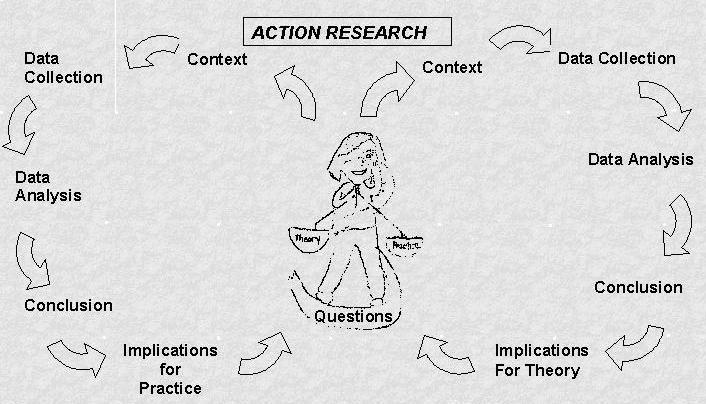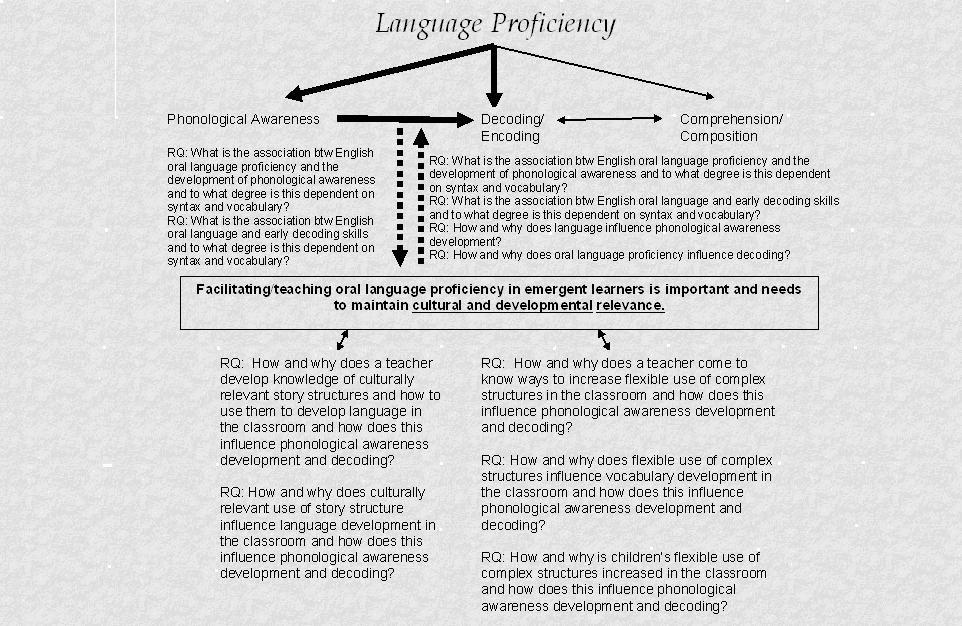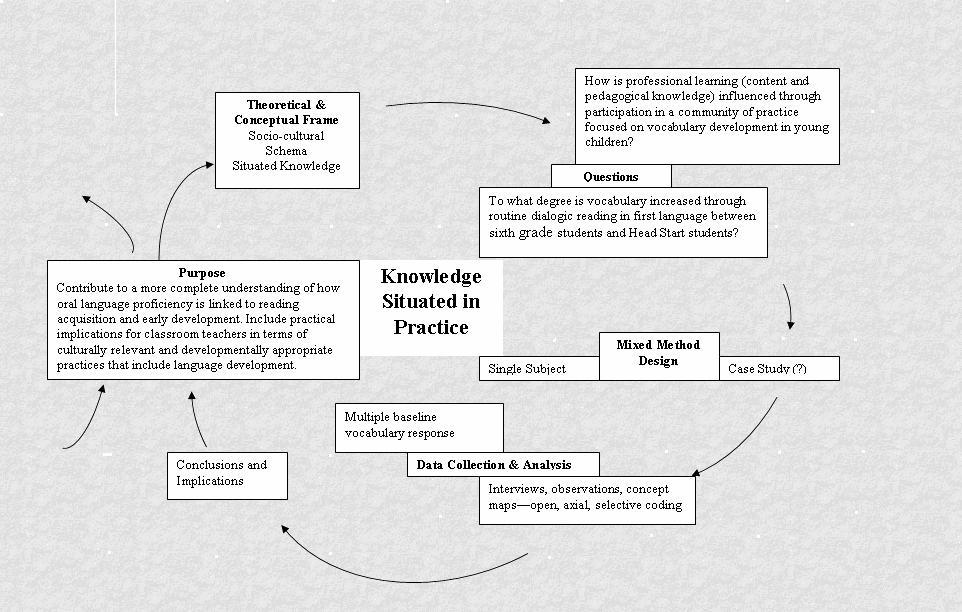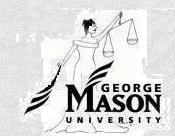|
|||||||||
| Vitae | Goal Statements | Coursework | Analytical Thinking | Professional Experiences | Research & Dissertation Planning | Documentation of Academic & Professional Growth | |||
Analytical Thinking
Literacy and Equity: From the Classroom to Scholarship and Back

Literacy Language Self Study Teacher Development
Early in the twentieth century, Kurt
Lewin and John Dewey were among those theorizing that
individuals closest to problems impeding desired goals are the ones
best equipped to generate and share knowledge leading to workable
solutions. Today, many scholars and practitioners claim there is a rift
between theory and practice, which leads to impractical policies
intended to resolve such problems as the achievement gap in literacy.
This could be due to a lack of intuitiveness in the constructs drawn
from theoretical research. This is particularly apparent in the
theoretical constructs meant to explain the role of language in the
development of phonological awareness, as well as in previous theories
of staff development. Action research, in the spirit of Lewin and
Dewey, is strengthening the link between theory and practice; thus
creating a potentially seamless system to generate and share knowledge
concerning literacy, language, self study, and teacher development.
The
conceptual framework above captures this system. Theoretical research
creates a knowledge base. However, context impacts how such
theories or policies developed from these theories play out in the
classrooms. It could be focused actions within these varied
contexts that could transfer intuitiveness into theoretical models.
The kindergarten and first grade phonological project,
outlined in the research
plans section, is as example of the beginning of such a
research agenda. We are looking for effective ways to guide diverse
students in developing phonological awareness, and each teacher has a
different angle depending on the questions each is asking. As a result
there is a second layer to this project that brings in teacher learning
and development. Self study is an excellent methodology to help sustain
and document this layer as I ensure I am bringing theory and practice
together as I work with teachers. The intent is to frame and
disseminate the project in a way that would allow the process to be
replicated and extended by other scholars/practitioners. The hope is
that this body of work finds its way to more theoretical research, thus
incorporating processes and intuitiveness into constructs informing
policies guiding literacy and teacher development decisions.
Reflections, Essays, and Class Projects
EDUC 802, Leadership Seminar - Final Reflection - Fall 2005
This sample synthesizes information from Senge, Gardner, and Wheatley in forming a system to guide my development as a leader.
Holy Smoke, Bat Man! I Might Be Critical, Too! Multiple Ways of Knowing Clear the Smoke
EDUC 800, Ways of Knowing - Final Reflection - Spring 2006
Holy Smoke shows how I am assimilating and accommodating various lenses to use to analyze concepts.
Action Research: The Mighty Oak
EDUC 800, Ways of Knowing - Final Paper on a Way of Knowing - Spring 2006
This paper traces the history of action research from its beginning in the business world and attempts to promote it as a viable methodology for scholarship and practice.
One Step Back to Two
Steps Forward in the Dance with Complementarity, Collaboration, Synthesis and
Overlay—A Researcher’s Identity
EDRS 812, Qualitative Methods - Researcher Identity - Spring 2007
This piece defines my role as a
critical constructivist researcher working within the action research
methodology.
Moving Away from Deficits Towards Debt Management Systems
EDUC 874, Achievement Gap - Final Paper - Spring 2007
This piece explores the issues
and policies connected with early primary (kindergarten and first grade
students) and phonological
awareness as they relate to the initial achievement gap and its
widening during the elementary years. It advocates for the
scaling up of culturally
responsive processes that generate teacher learning rather than
programs that dictate methods and techniques.
EDUC 797, Research On Teaching - Literature Review - Fall 2005
This research proposal brings the research on teacher/collective efficacy and action research as a staff development platform
together for a possible study.
Action Research: Methodology, Method, and Professional Development
EDRD 832, Emerging Trends and Issues in Reading - Literature Review - Spring 2006
This review adds to the work done earlier, Action Research: The Mighty Oak, and continues the work started with The Influence of
Teacher Inquiry on Teacher Efficacy. It contains a study by study analysis of studies that looked at using action research as a tool for teacher development.
Developmental Reading Assessment and the Standards of Learning Test:
This project provides as example of how authentic measurement tools can be used in statistical analysis to measure student growth.
Oral Language and Phonological Awareness
EDRD 830, Foundations of Literacy: Birth to Middle Childhood - Fall 2006
This review connects phonological awareness to oral language development and metalinguistic awareness. It values the
quantitative research finding, while also advocating for qualitative efforts to increase cultural responsiveness in literacy and language acquisition.
Oral Language and Literacy Acquisition
EDRD 829, Advanced Foundations of Literacy - Final Paper - Summer 2007
This review studies first language acquisition. It advocates more authentic language development for first and second language learners and explains the need for connected language and multiple discourses in the classrooms. This would maximize literacy
instruction and begin closing the achievement gap at the starting gate.
Discovering Phonological Awareness through Ourselves and Others
EDUC 895, Self Study Research Methodology - Research Project - Summer 2007
This project marks the beginning of bring my graduate work and work in the public schools together. Action research is being used to bring self study, teacher learning, and student achievement (development of phonological awareness) together.
Professional Learning Communities, Professional Development, and Student Achievement
EDUC 851; Research on Teacher Education - Research Proposal - Fall 2007
This project is a continuation of self study project, except I focus more on the nature of professional learning communities influence
on increasing teacher content and pedagogical knowledge and student achievment.
The coursework products gathered above are leading me to a more focused 2008 framework in the following way. Based on the framework depicted above, scholarly research indicates that vocabulary is associated with phonological awareness (Lonigan, 2007). Additionally, there is a large discrepancy among the vocabularies of middle and upper class students and minority students (Hart & Risley, 1995) This reality contributes to the inequality that exists "at the starting gate" (Lee & Burkam, 2002). What does this mean as we enter practice, the right side of the framework above? Research focused on teachers' situational knowledge generated and shared among classrooms help bring empirical knowledge into practice. The conceptual framework below is guiding my thinking concerning research geared towards closing the achievement gap in literacy at the onset of formal "schooled" instruction.

Research Proposals and Conference Presentations
Job Embedded Professional Learning for Graduate Credit HSRB Application FCPS Approval Application FCPS Proposal
Collaborating with Dr. Lena Hall as a graduate research assistant - Fall 2008 and Spring 2009
Developing a model for professional development based on communities of practice and inquiry. Qualitative tools will be used
to gather information from leaders of established learning communities and observe one learning community at work. The work
from this community will be compared to work produced in a graduate level class.
Students to Students: School Based Storybook Buddies HSRB Application FCPS Approval Application FCPS Proposal
Independent Study; Language, Story, and Reading Acquisition - DrSusan - Fall 2008
A single subject design will be usd to will look at the effects of regular fifteen minute dialogic reading sessions on three and four
year olds' vocabulary growth and reading motivation. The older readers are sixth grade students. Several pairs will use their primary language.
Huey's Relevence 100 Years Later
Study Session - National Reading Conference - Fall 2008
Reading The Psychology and Pedogogy of Reading and discussing its implications for my perspective with critical friends refined my conceptual framework and helped solidify a purpose and theoretical lens from which to work. The revised conceptual framework is below and is further explained in Developing Vocabulary at the Starting Gate, my initial step in dissertation planning.


